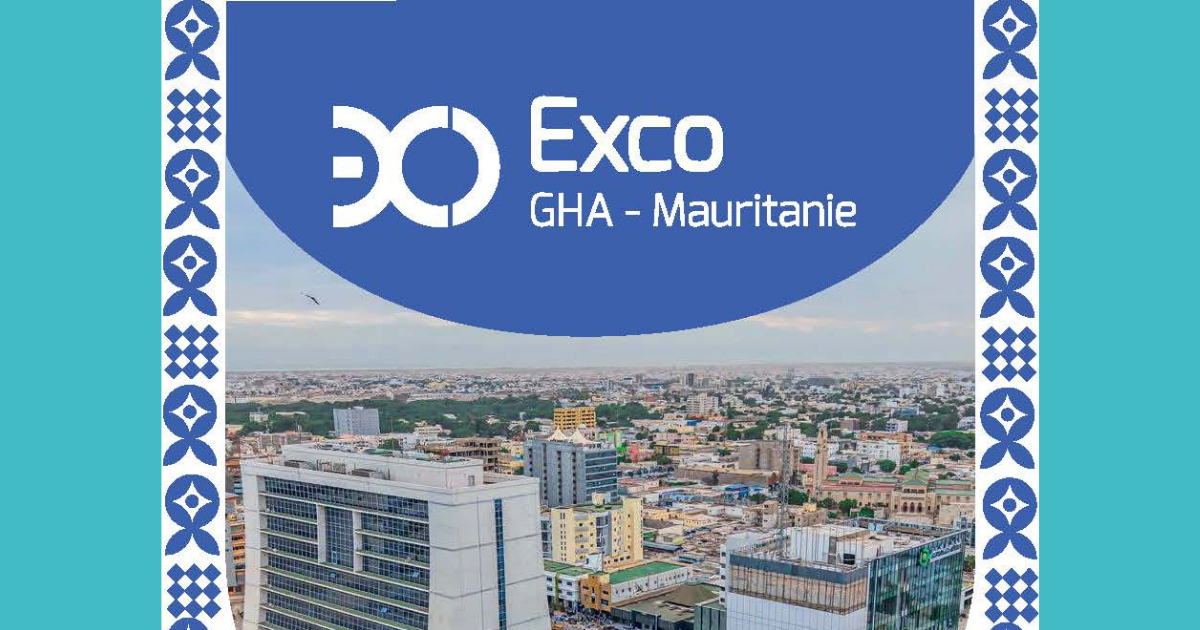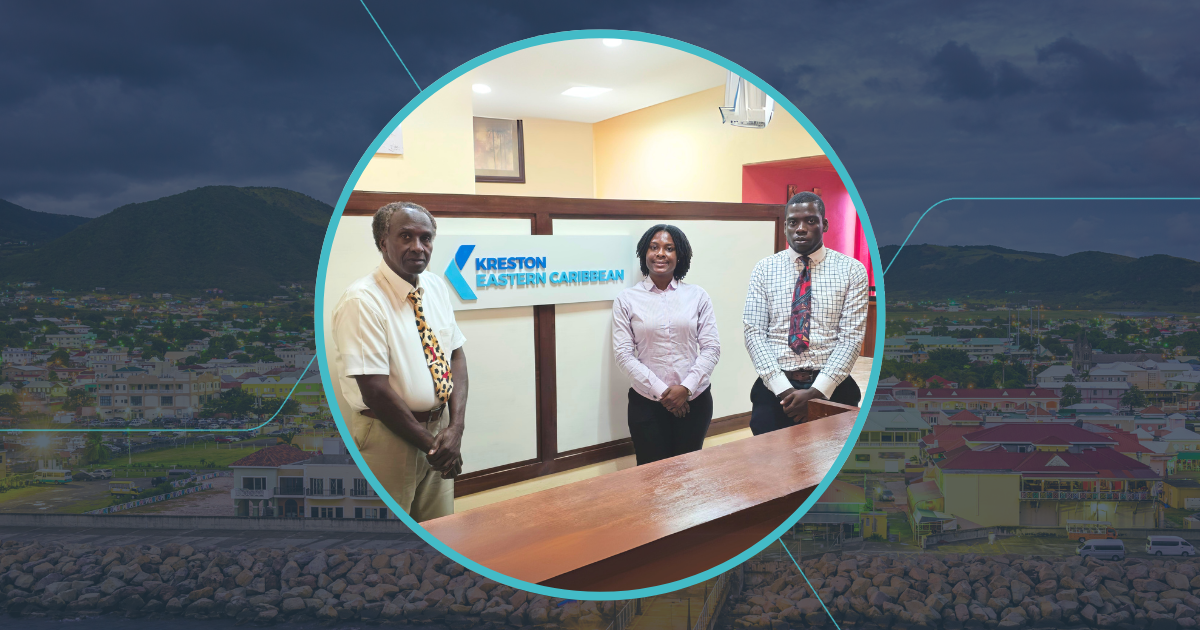Search by keyword
Filter by:
Filter by:
Sort by:
Mid-market outlook in Africa
The sixth, and final edition of Going Global is now available, spotlighting the mid-market outlook in Africa.

New Ethiopian internship and entrepreneurship programmes
TAY Audit Service LLP in Ethiopia launch new Ethiopian internship and entrepreneurship programmes that hope to engage this generation.

Angola airport; a new gateway for Africa
Angola Airport is set to become a major African air hub, driving trade, investment, and economic growth across Angola and the wider region.

Strengthening Nigerian accounting with the ADT
Learn how ADT is helping transform Nigerian accounting with stronger standards and greater financial transparency.

Stop the clock: ESG credentials still critical to mid-market success in Europe
The recent announcement by Kreston Global UK firm, Kreston Reeves, that it is launching new ESG advisory services highlights that strong ESG credentials remain a crucial and relevant service for the mid-market, despite recent deadline delays

Canadian tariffs and exit strategies: A tax perspective
Kreston GTA in Canada is inviting colleagues across the Kreston network interested in Canadian tariffs and exit strategies to join the latest instalment of their tax seminar series, led by Bal Katlai, Tax Partner at Kreston GTA.

DEI in accounting: a key strategy to win over Gen Z talent
In today’s values-driven landscape, the accountancy profession faces a pivotal moment. As Generation Z joins the workforce, their priorities go beyond financial compensation.

Invest in Mauritania
The latest guide to investing in Mauritania from Exco GHA Mauritanie, "Invest in Mauritania" in English. Learn about investment opportunities in sectors with growth potential.

Kreston Global announces new East Caribbean firm
Kreston Global has welcomed a new East Caribbean firm in St Kitts & Nevis, called Kreston Eastern Caribbean, to the Kreston Global network.
OECD Amount B: Transfer pricing safe harbour for multinationals
Kreston Global experts explain how the new OECD Amount B transfer pricing framework will affect multinational distributors and what it means for simplified compliance.

Mid-market outlook in Latin America
The fifth edition of Going Global is now available, spotlighting the mid-market outlook in Latin America.

Auditing digital assets: how auditors can manage risk and compliance
Digital assets are often targeted by cyberattacks. Auditors should review the entity’s network security, incident response plans and any cybersecurity protocols used by external service providers.

